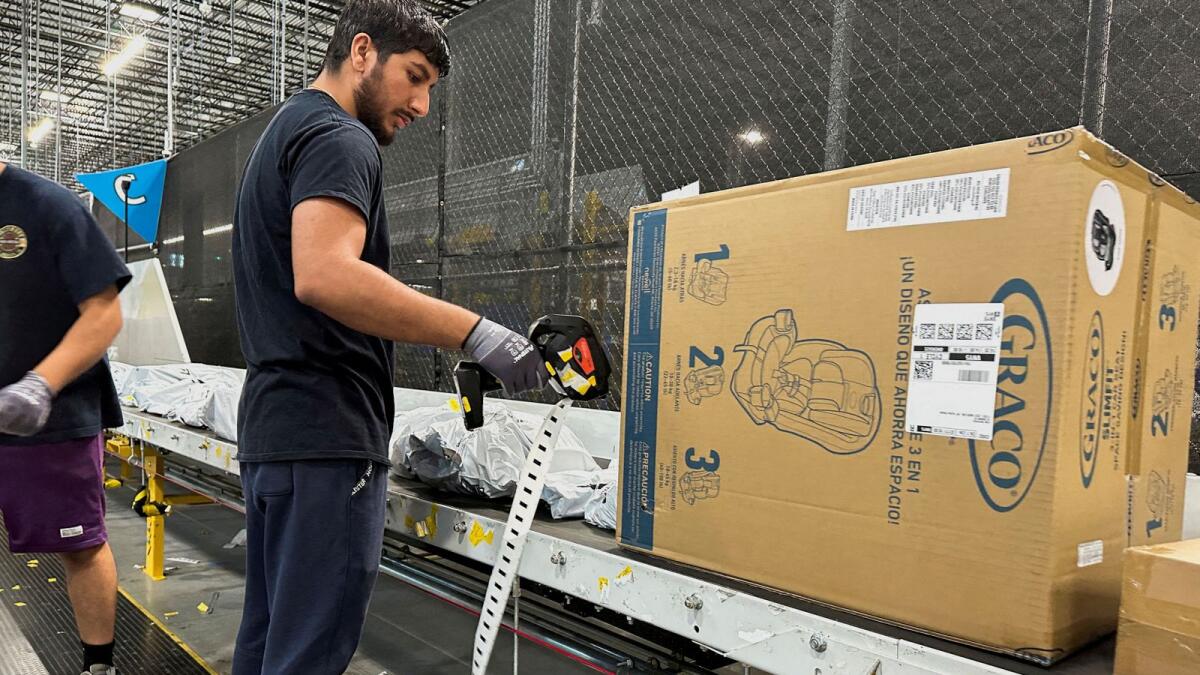Amazon has taken a unique approach to verifying carbon offsets by backing the development of a new standard. This move comes as the company aims to reach its goal of net-zero greenhouse gas emissions by 2040. The new standard, called Abacus, was developed by Amazon in collaboration with Verra, a carbon registry. This standard serves as an alternative to the one developed by the Integrity Council for the Voluntary Carbon Market (ICVCM), which is the largest private sector and environmental group validating carbon offsets.
Critics are concerned that the development of a new standard could lead to market confusion and compromise the quality of carbon offsets. Despite these concerns, tech giants like Alphabet, Meta, Microsoft, and Salesforce have already committed to purchasing up to 20 million metric tons of Abacus-certified credits. The label for this standard is set to be available within weeks, according to Verra.
The voluntary carbon offset market has faced challenges due to concerns about the legitimacy of the underlying projects. Companies looking to offset their emissions by purchasing credits may not always receive the environmental benefits they expect. Amazon, which generated 71.3 million tons of carbon dioxide equivalent emissions in 2022, is looking to become one of the largest buyers of carbon credits. However, the company emphasizes that it will not rely solely on these credits and will continue to focus on decarbonizing its business.
The Abacus label will require projects to make public data on the amount of carbon they store, but questions remain about its ability to ensure the permanence of carbon removals. The label is expected to take two to three years to qualify, as it relies on the growth of trees and proving how much carbon they absorb. Despite these challenges, experts believe that the Abacus standard could help grow the carbon-offset market and address climate change and biodiversity extinction.
While Amazon has seen success in developing the Abacus standard, concerns remain about its potential impact on market standards and overall credibility. Critics worry that the move could create confusion in the market and reduce the quality of carbon offsets. However, proponents believe that the Abacus standard can help expand the carbon-offset market and address critical environmental challenges. As Amazon continues to lead the way in sustainability efforts, the development and adoption of new standards like Abacus will play a vital role in achieving global climate goals.











